Leverage AI-powered coding
with confidence.
With agents for code generation, test workflows, and AI chat, Qodo Gen helps developers write quality code that works as intended, with fewer bugs.
Not all context
leads to quality AI code.
Context awareness, enabled by Retrieval
Augmented Generation (RAG) is a foundational
principle of AI coding.
But a RAG system that doesn’t filter for high-quality,
relevant context can lead to more issues.
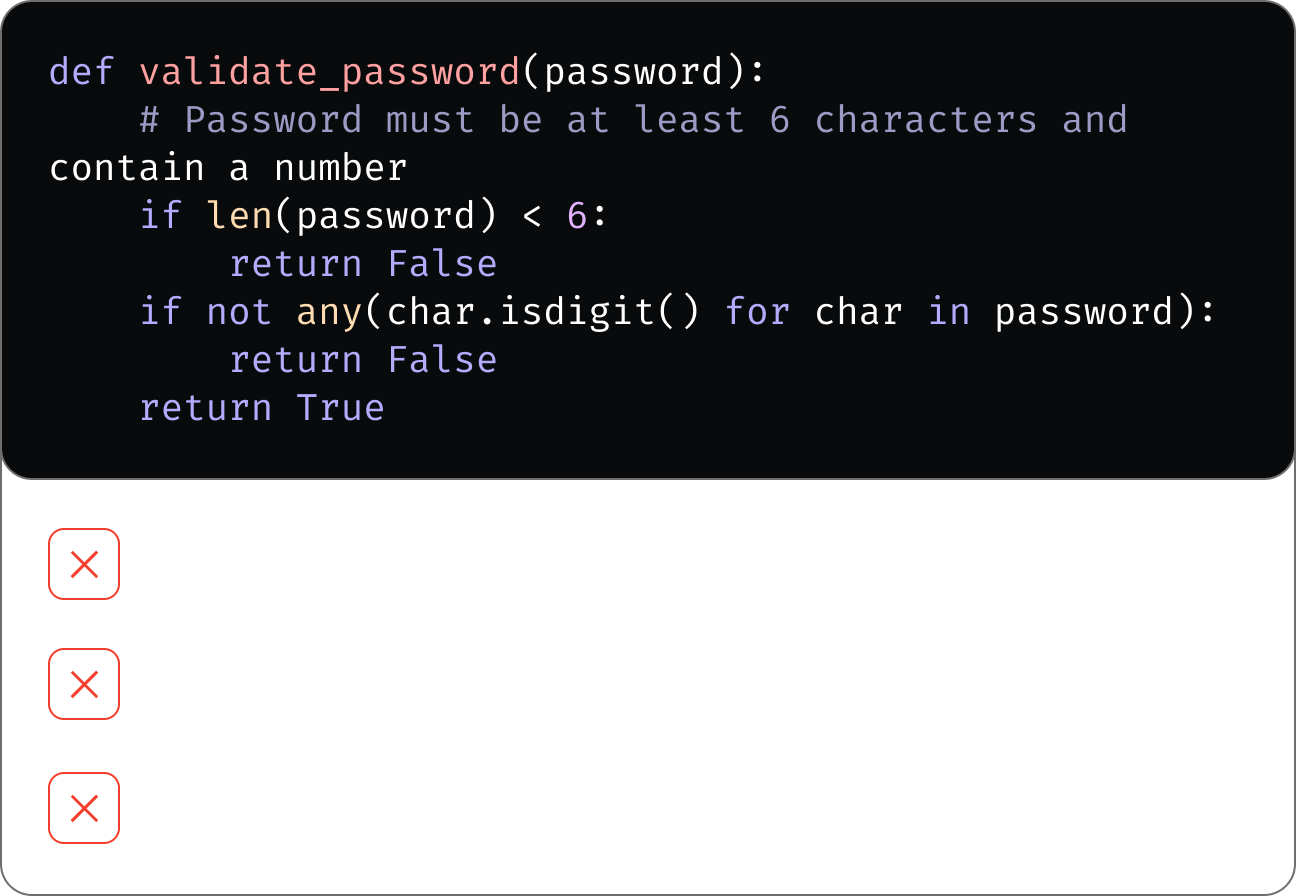

Intelligent AI coding built around
your organizations needs.
Context-awarness
with quality-guardrails.
Control which repos are indexed for context and use tagging to focus retrieval on only relevant files.
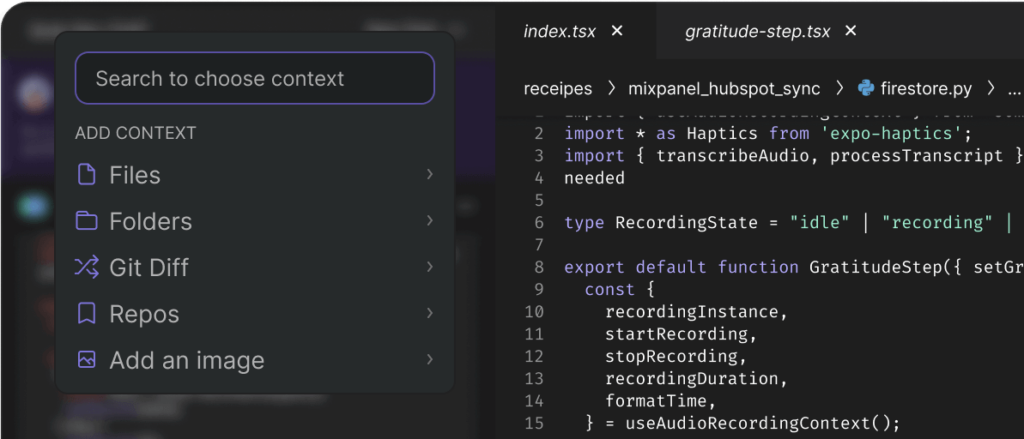
AI that knows
your best practices.
Apply best practices across development,
review and test workflows
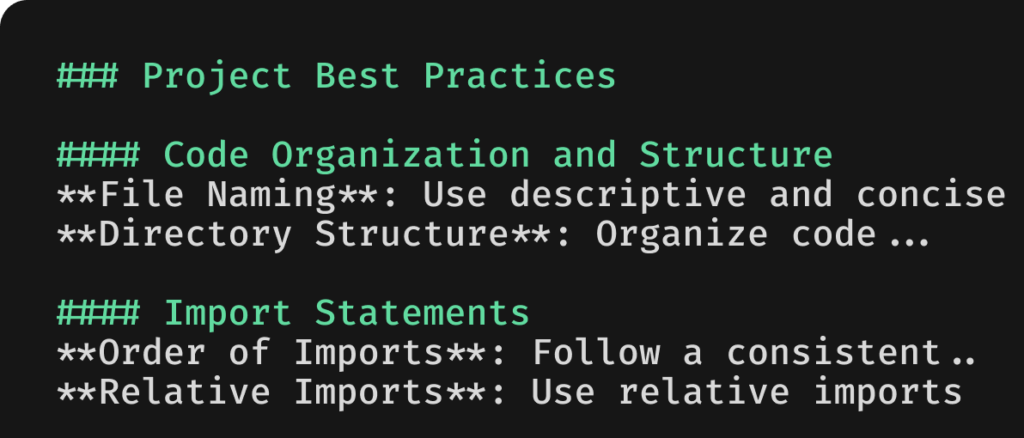
Iterative test generation
- Analyze code behavior to generate test suites
with happy paths, edge cases and rare scenarios. - Deliver tests tailored to project style,
frameworks, and specific needs. - Refine tests with added context and customize
preferences to adhere to best practices. - Run and auto-fix tests directly within the IDE.
Intelligent, agentic coding
Qodo Gen’s coding agent can make decisions, ask questions, use tools and carry out tasks autonomously.
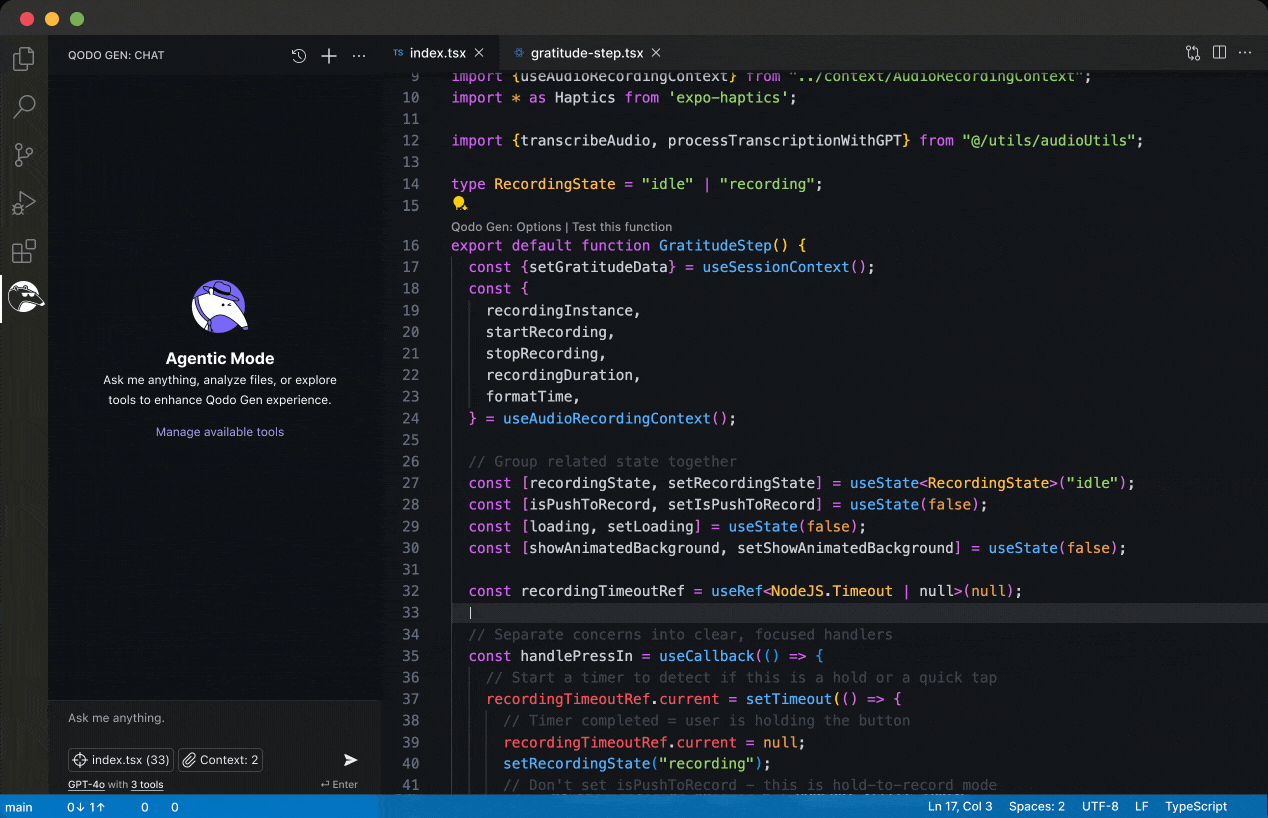
Define your coding workflow
Leverage your own tools and data sources to enhance agentic coding.
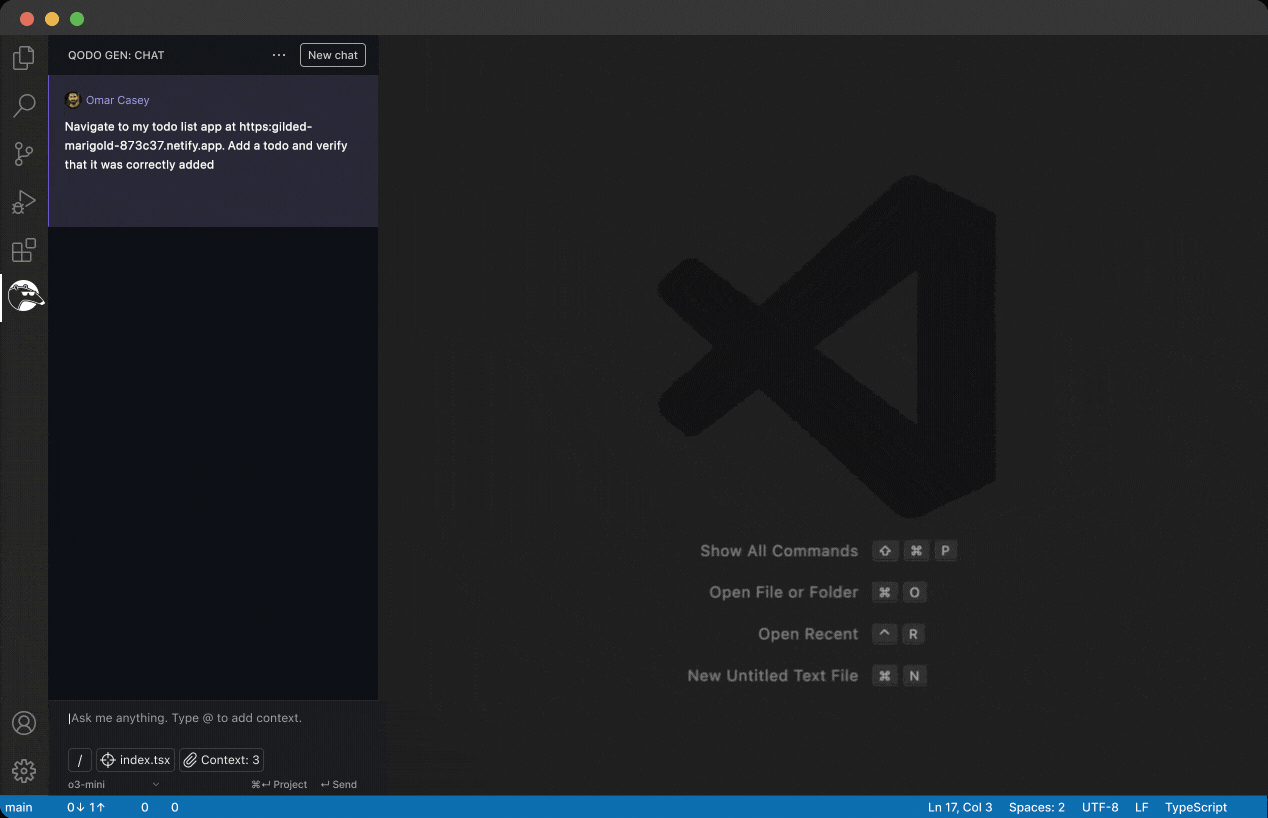
Autonomous, multi-step problem solving
Solve complex coding tasks with a single prompt.
Collaborate with AI
Take a review first-approach and compare git-diff, or automatically integrate code suggestions.

Access top tiers models
Easily switch between models depending on the task and maintain threaded conversations
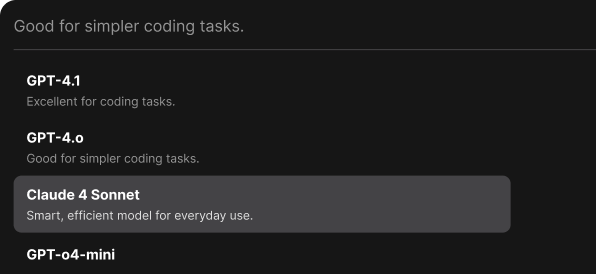
Context collection agent
A smart agent that understands your project and codebase, integrates version history, and matches existing code style.
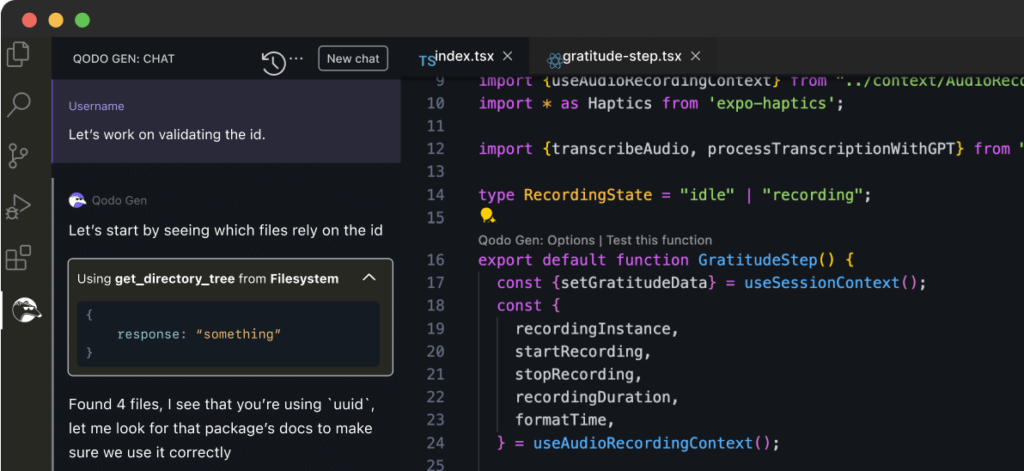
Qodo Enterprise Platform
AI that understands your company’s codebase.